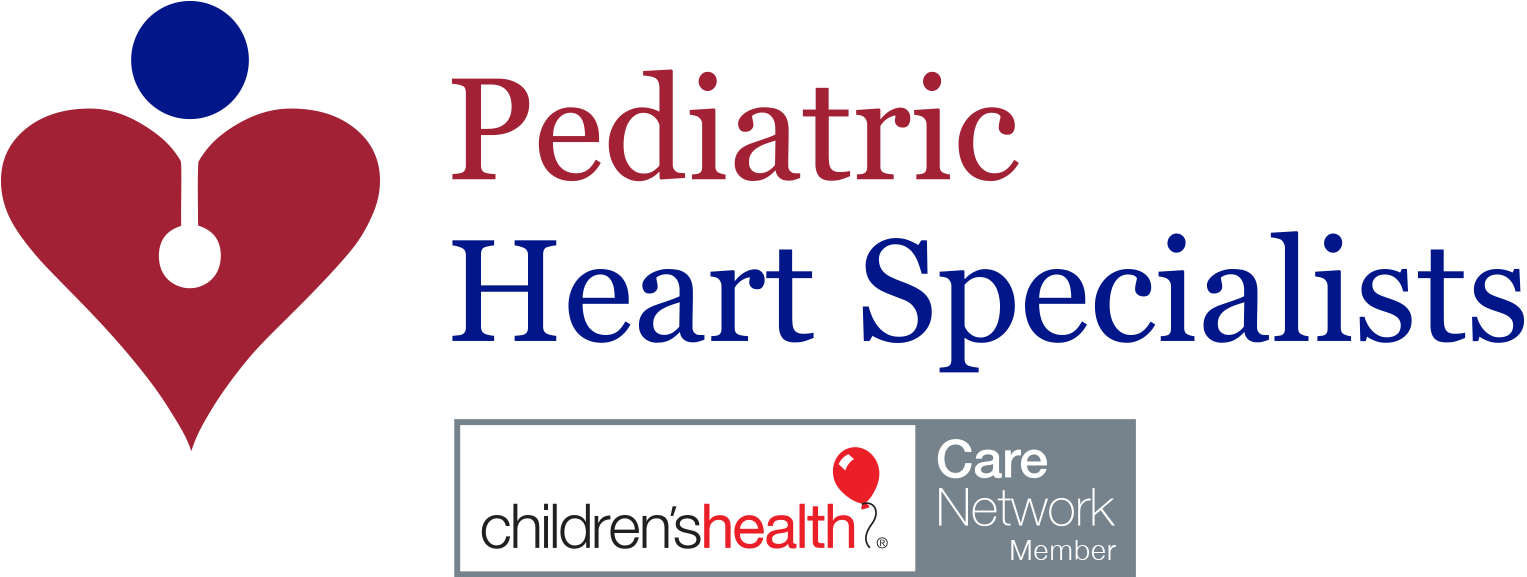Cholesterol Test for Children
- Details
Pediatric Cholesterol Screening
What Is a Cholesterol Test?
A cholesterol screening is when your child’s doctor measures the type and amount of fat in your child’s blood with a test called a lipid panel. Lipid means types of fat. Lipid panels are routinely done in adults, so you may have had one before, too.
Not all types of fat are necessarily bad. A lipid test aims to measure the balance of good and bad fats in your child’s body:
- Good cholesterol, also called high-density lipoprotein (HDL) cholesterol, does not linger in the body. It travels to the liver, which removes lipids from the body. HDL also brings harmful lipids with it to the liver to be removed. That's why it's known as good cholesterol.
- Bad cholesterol, also called low-density lipoprotein (LDL) cholesterol, can build up in your child’s arteries and affect circulation to their organs, which can lead to future health problems.
- Triglycerides come from the food we eat. They can give us energy, but too many of them can clog our arteries, too.
Usually, your child’s doctor will begin testing your child’s cholesterol once each year when they turn 9.
Why is Cholesterol Testing performed in children?
Just like adults, kids can have high cholesterol. Having your child’s cholesterol checked regularly is important for many reasons. Cholesterol test results:
- Provide important information about your child’s overall health.
- Help guide diet and exercise habits for your child.
- Act as an important step in diagnosing and treating your child for certain health issues, such as heart disease and organ function.
- Show how well certain medications are working.
Though screening for high cholesterol typically starts at age 9, it could start as early as age 2 if your child has certain risk factors. Risk factors for high cholesterol include:
- A family history of high cholesterol
- Chronic diseases, such as diabetes (types 1 and 2), Kawasaki disease, HIV, and inflammatory diseases
- An unhealthy diet
- Being overweight or not very active
- Having a heart transplant
- Smoking and vaping
- High blood pressure
What to expect during pediatric Cholesterol Screening
The test requires a blood sample. Tell your child how a blood draw works before the test so they are not surprised by it. Be prepared to distract your child during the blood draw to help them stay calm.
Because you must fast for a cholesterol test, your child should not eat or drink anything for about 12 hours before the test. Our specialists recommend that you schedule the test as early in the morning as possible. That way, your child can get tested before they become too uncomfortable from fasting.
The blood draw will be done by a health care professional who specialize in taking blood samples, called phlebotomists. Nurses can also perform blood draws.
The blood will be sent to a laboratory for analysis. Results will indicate the amount of fat cells in milligrams (mg) per 100 milliliters (mL) of your child’s blood. Our specialists will go over the results with you to help you understand what they mean.
Interpreting cholesterol results in children
Your child’s cholesterol blood test results will include information on their good cholesterol levels, their bad cholesterol levels, their total cholesterol level, and their triglycerides. Our specialists will go over these results and make any recommendations needed to improve your child's health.
Normal cholesterol levels for children are:
- Total cholesterol (HDL and LDL added together): less than 170 mg per 100 mL of blood
- LDL (bad cholesterol): less than 110 mg of LDL per 100 mL of blood
- HDL (good cholesterol): more than 45 mg of HDL per 100 mL of blood
- Triglycerides: less than 75 mg of triglycerides per 100 mL of blood for children 9 years old and younger, and less than 90 mg for every 100 mL of blood for children 10 years old and older
High HDL isn’t usually a problem, but if your child has high LDL cholesterol or triglycerides, they may need to make changes to their diet or exercise routine. If the problem is severe enough, your child’s care team may prescribe medications to lower their bad cholesterol and triglycerides.
Our pediatric cardiologists are committed to your child’s health. We will spend as much time going over the results of their cholesterol screening as you need. We are dedicated to creating a treatment plan that works for your child and will work with you as a team to improve your child’s cholesterol.
